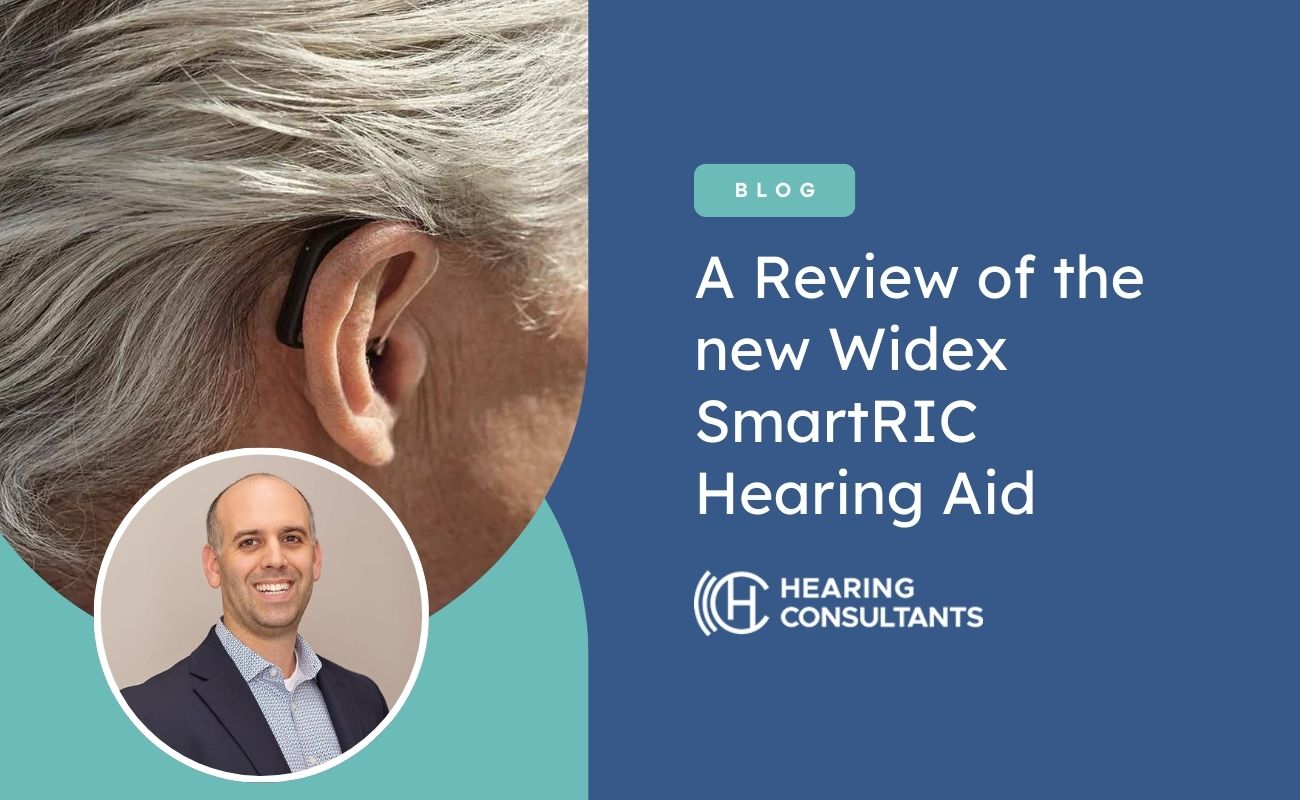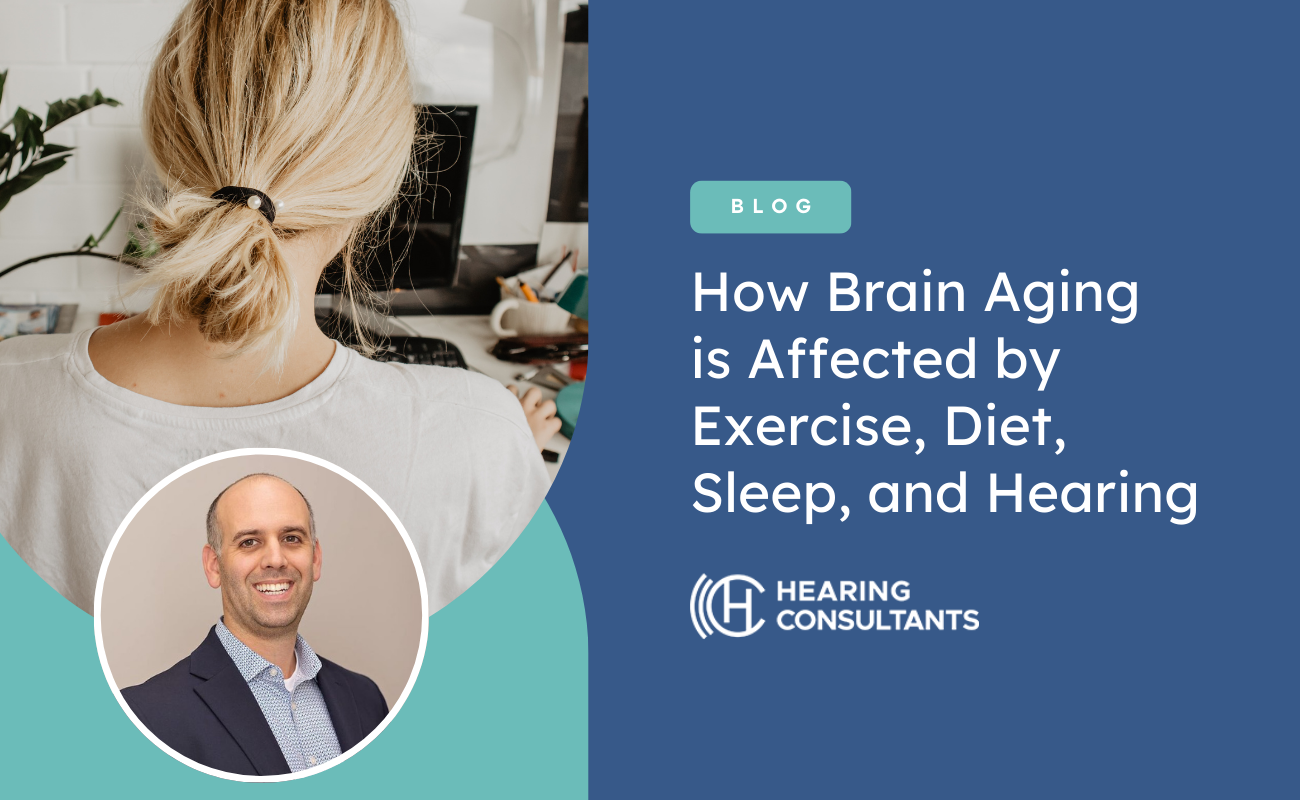A Link Between Hearing Loss & Dementia
Dementia is a chronic health condition that impacts nearly 6 million people in the U.S. Dementia refers to a range of diseases that are characterized by cognitive decline: memory loss, difficulty concentrating, reduced ability to solve problems and make decisions etc. These symptoms restrict one’s capacity to manage daily life independently. There are several types of dementia that include Lewy Body, Parkinson’s, vascular, and Alzheimer’s disease. Alzheimer’s disease is the most common form of dementia. According to the Alzheimer’s Association, Alzheimer’s accounts for 60-80% of all types of dementia that people experience. Dementia is a condition that is irreversible so identifying risk factors is incredibly crucial in establishing ways that it can be prevented or delayed. Significant research has shown that hearing loss increases the risk for cognitive decline.
Understanding Hearing Loss
A pervasive health issue, hearing loss impacts millions of people. There is a range of factors that can cause hearing loss including existing medical conditions, genetic history, and environmental exposure to loud noise. According to the National Institute on Deafness and Other Communication Disorders:
- Nearly 1 in 8 people (ages 12 and older) have some degree of hearing loss in one or both ears
- 25% of adults ages 65-74 have hearing loss
- 50% of adults 75 and older have hearing loss
These statistics highlight that hearing loss is the third most common medical condition that older adults navigate. Impaired hearing restricts one’s ability to absorb and process sound. This (most commonly) is the result of damaged hair cells in the inner ear. The inner ear consists of thousands of hair cells and nerve endings that help translate soundwaves into electrical signals for the brain to process which is how we are able to make sense of what we hear. These hair cells do not regenerate, meaning that when they are damaged, the impairment is permanent. Hearing loss strains communication which if left untreated, can take a toll on relationships and impact job performance. Additionally, hearing loss also contributes to the development of various other medical conditions including cognitive decline.
Link Between Hearing Loss & Dementia
Research has shown that there is a significant correlation between hearing loss and dementia which are chronic health issues that disproportionately impact older adults:
- 80% of people who have Alzheimer’s are 75 and older
- 50% of adults aged 75 and older have disabling hearing loss
Understanding the nature of how these conditions are related continues to be the subject of ongoing research. In a major study, published in 2019, researchers investigated this link by collecting data on self-reported hearing loss and cognitive decline. Conducted at Brigham and Women’s Hospital (Boston), researchers carried out an 8-year study involving 10,107 participants. Beginning in 2008, participants who had no cognitive concerns, self-reported their hearing status and cognitive function. Collected every four years (2008, 2012, and 2016), the findings revealed that the development of hearing loss increased the risk of cognitive decline. Specifically, cognitive decline was:
- 30% higher among people with mild hearing loss
- 42% higher among people with moderate hearing loss
- 54% higher among people with severe hearing loss
These findings not only show that cognitive decline was more likely with people who had hearing loss but also that the greater the hearing loss, the increased chance that someone developed cognitive decline. Exactly how this happens continues to be further investigated. Researchers suggest that the presence of hearing loss renders parts of the brain (responsible for how we hear) inactive. The brain cells, muscles, and nerve pathways that are not being used (because of hearing impairment) then impacts overall cognitive function.
Treating Hearing Loss
A critical way to prevent or delay the development of dementia is by treating hearing loss. Addressing hearing loss is relatively simple and starts by scheduling an appointment for a hearing test. Conducted by our team of hearing healthcare specialists, hearing tests involve a noninvasive process that determines any impairment, the degree, and specific type of hearing loss you may be experiencing. Hearing loss is most commonly treated by hearing aids which are electronic devices designed to absorb, amplify, and process sound. This significantly increases one’s ability to hear which has numerous benefits including: enhancing communication, improving relationships, and strengthening overall health! Contact us today to schedule an appointment.
Get in touch with
Hearing Consultants
Contact our clinic to schedule an appointment today!







